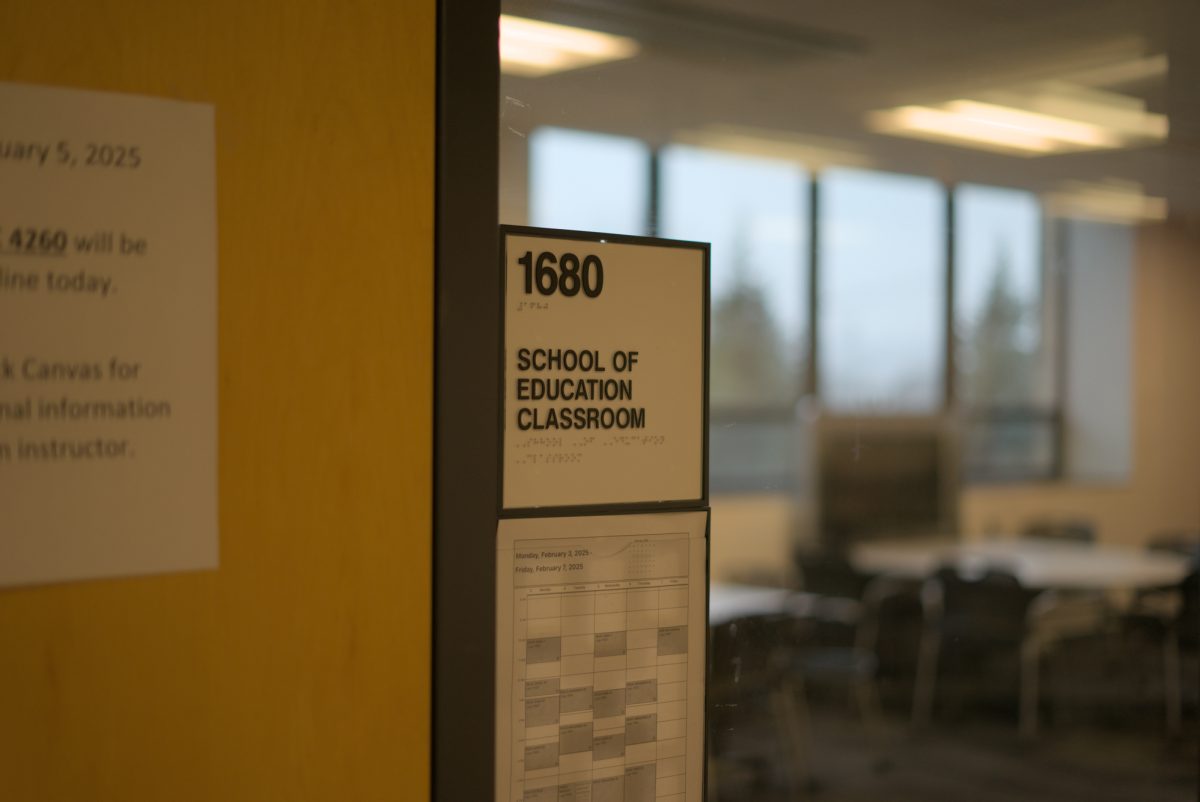Ames Human Relations Commission increases outreach, education to better serve Ames
July 30, 2021
The Ames Human Relations Commission (AHRC) released its annual report for the year 2020 with a total of 36 complaints to the Iowa Civil Rights Commission (ICRC).
This is an increase in comparison to the 19 complaints in 2019, seeing a 177 percent increase. Citizens are able to make complaints to the City Manager’s Office or to the ICRC for investigation. All reports are tracked by the ICRC and are divided into four categories.
AHRC Chairwoman Jahmai Fisher said the increase may not be an increase of actual incidents but as a result of increased outreach and awareness.
“That increase could have been noted due to the fact that we are being a lot more open about this resource being available for folks to have those complaints heard,” Fisher said.
Of the complaints in 2020, 26 were employment related, seven were public accommodations, two were education and one housing. The report also details the basis for the complaint, showing an increase from 2019 in disability, age and retaliation.
Fisher said a lot of people do not know there is support in the AHRC itself and what it is meant to do. The AHRC is trying to focus on public outreach to improve this.
Fisher said many of the complaints come from within the workplace, so the AHRC will focus on relationships with businesses and try to provide more education.
“It is something we are really feeling hopeful about because the support really is there from [Ames] City Council, and it always has been, but bearing in mind the results of what we saw in the annual report is definitely something we are going to be working more intentionally toward,” Fisher said.
The AHRC then created a 2020-22 strategic plan to ensure all voices are heard and to assist in preventing similar cases in the future.
The plan consists of four goals, including advocacy, information and analysis, public awareness and effective communication and management excellence. The AHRC will examine reports and work with the ICRC annually to better understand the complaints.
According to the report, the purpose of the AHRC is to study the existence of discrimination within the Ames community while working to “minimize or eliminate it” all while promoting the goodwill among different racial, religious and ethnic communities within Ames.
The purpose of Chapter 14 of Ames’ municipal code is to implement provisions of the Iowa Civil Rights Act of 1965, which prohibits discrimination in areas of housing, employment, credit, education and public accommodation.
The AHRC directs complaints to the ICRC, which was a decision by the City Council preceding Fisher’s service on the commission, but Fisher said the ICRC tends to have greater resources. The commissioners serving on the AHRC are all volunteers opposed to the full-time employees at the ICRC.
“When dealing with instances of perceived discrimination, especially when you think about the ways in which they impact folks’ lives or could impacts folks’ lives depending on the outcome of what has happened, or even depending on the basis, it is really important that there is a level of care, consideration and expertise as well as competence that goes into this,” Fisher said.
When it comes to responding to complaints, they require full investigations, which has been out of the capacity of the volunteers at AHRC and why there is a collaboration between the two to make sure the complaints are heard and all parties’ needs are met.
Fisher said it is important to the City Council to recognize that Ames is becoming an increasingly diverse space, and with those changes, people may have some differing experiences within the community.
“As a council, Ames City Council is committed, hence why the charge was given for the formation of this commission to happen, in wanting to know what those experiences are and if and when there are unfortunate experiences or experiences in which harm is happening; we are working creatively and effectively to eliminate that,” Fisher said.
Part of the formation of the AHRC is to study discrimination, just like in the annual report, but the other half is following through with action. Information and resources about the AHRC can be found at the AHRC’s page on the city of Ames website. Fisher encourages people to reach out because the AHRC wants to hear from the community.
“It is also important taking the time to increase awareness and education around appreciating diversity and trying to put equity and inclusion in every area of the city of Ames,” Fisher said.







